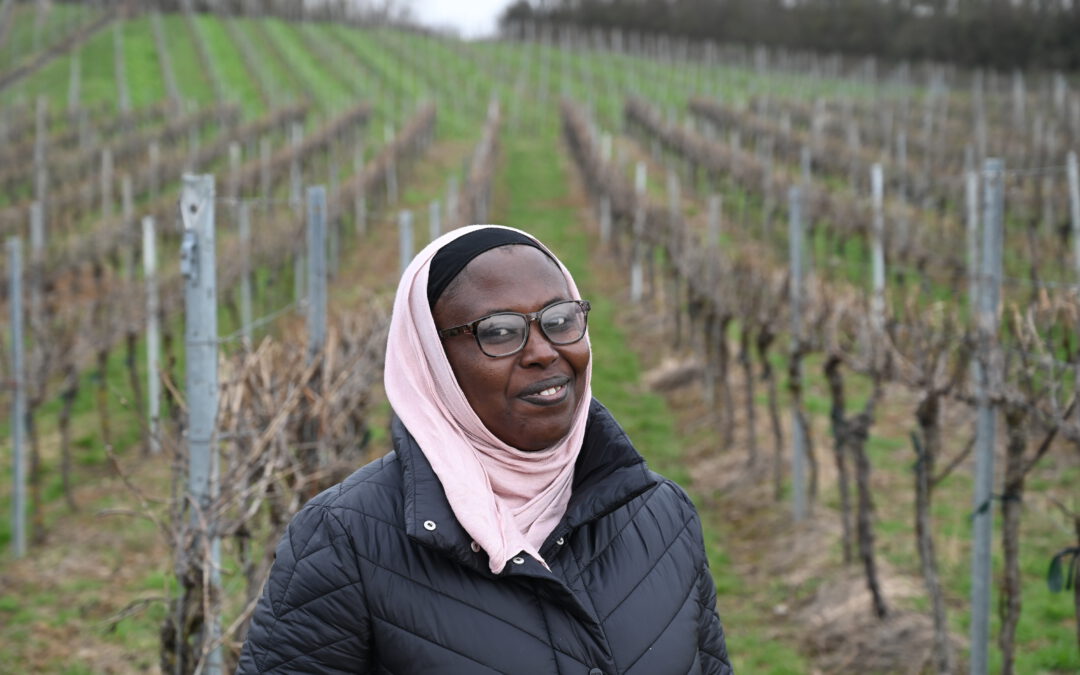Our newest guest scientist, Aissatou Sittag Adamou from Niamey (Republic of Niger), arrived in Würzburg in early February. Aissatou will stay in Würzburg until the end of June 2024. Our colleague, Prof. Dr. Heiko Paeth, head of the working group on climatology, is part of her supervisory team at the Federal University of Technology, Akure (FUTA), Nigeria. Prof. Paeth and his team have welcomed her at the Institute of Geography and Geology to jointly work on her research on “Assessment of Operational Seasonal Climatic Forecast Methods and Skills Over Sahelian Region of West Africa”. Aissatou has a background in agrometeorology. She is completing her PhD in Meteorology and Climate Sciences in the framework of the WASCAL Doctoral Research Program in West Africa Climate System (WASCAL/DRP/WACS).
Climate change, combined with other environmental challenges and rapid population growth, has impacted agriculture in West Africa in general and in the Sahel region in particular. Many adaptation strategies have been developed, among them the seasonal climatic forecast. However, limited research has been carried out on the evaluation of the seasonal forecast products over West Africa. Only a few studies have investigated the predictability of the seasonal onset and dry spells during the season, despite of their high importance for rainfed agriculture in Sahel. The motivation for Aissatou’s research is therefore to assess the seasonal forecast methods currently used over the Sahelian region of West Africa with particular attention to the West Africa Regional Climate Outlook Forum’s (WARCOF) method for predicting the season cumulative rainfall and the sub-seasonal characteristics, which are dry spells duration, season onset, and cessation dates. The outcomes of the research will serve as assets in the WARCOF’s improvement process for the region.
In order to achieve her overall research goal, Aissatou is assessing the performance of the WARCOF forecasts using the probabilistic forecast verification method based on Reliability Diagram analysis recommended in WMO 1220, 2018. She also assesses the use of forecast products by smallholder farmers in Southwest Niger through a survey implemented by the end of 2022 and a 2-year (2023-2024) on-field demonstration trial involving 60 farmers from 3 municipalities located in that area. During her stay with us in Würzburg, Aissatou will attempt to investigate ways to improve the WARCOF method by reducing the biases sources effects and integrating the seasonal forecast with crop modeling.

